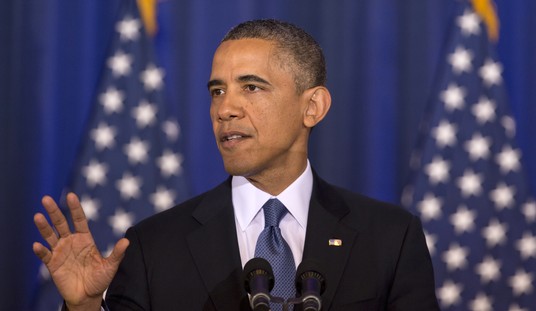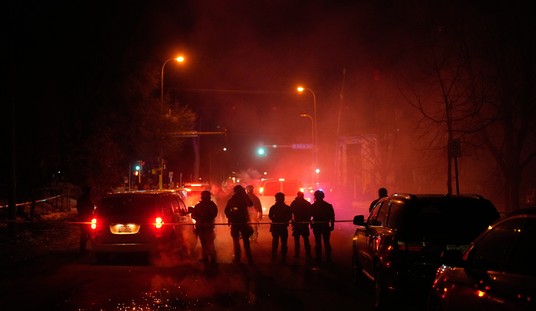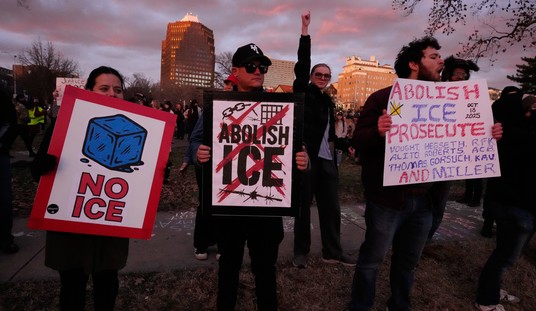Complaints about the Transportation Security Administration (TSA) in American airports have become almost as much a part of travel as packing a suitcase.
The post-9/11 security personnel have been blamed for almost everything but climate change, which will probably happen soon.
When the administration introduced full-body scanners, much of the traveling public had concerns about the overall invasive nature of the procedure and/or the safety of it. It was the first time in TSA’s brief history that the equipment they use was getting more grief than the personnel.
Things didn’t stay that way for long, but maybe they should have.
ProPublica reports that the scanners may be guilty of the discrimination that the agents are often accused of:
Black women have been raising alarms for years about being forced to undergo intrusive, degrading searches of their hair at airport security checkpoints. After a complaint five years ago, the TSA pledged to improve oversight and training for its workers on hair pat-downs.
But it turns out there’s an issue beyond the screeners: the machines themselves.
The futuristic full-body scanners that have become standard at airports across the United States are prone to false alarms for hairstyles popular among women of color.
TSA has reached out to the manufacturers and vendors of the machines in an effort to improve the situation, but the problems still remain.
Two officers interviewed by ProPublica said the machines’ alarms are frequently triggered by certain hairstyles.
“With black females, the scanner alarms more because they have thicker hair; many times they have braids or dreadlocks,” said a TSA officer who works at an airport in Texas and asked not to be named. “Maybe, down the line, they will be redesigning the technology, so it can tell apart what’s a real threat and what is not. But, for now, we officers have to do what the machine can’t.”
This difficulty with the technology can elevate the already heightened tension between the public and the agents, who are required to give a pat-down when the scanner is triggered.
The ProPublica report also notes that, in addition to slowing down the already crawling security lines, there can be a cost increase associated because more agents are needed for pat-downs.
Keeping the air-traveling public safe will no doubt always be a thankless job. It might be helpful to get some 21st-century tech that doesn’t make the humans tasked with doing so look bad.










Join the conversation as a VIP Member